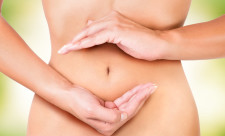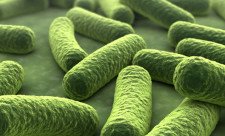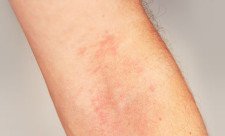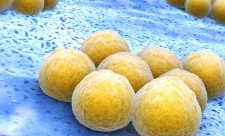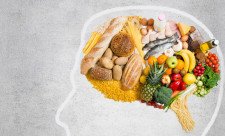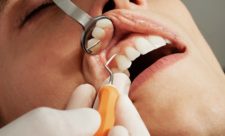Dieser Post ist auch verfügbar auf: German
Probiotics Against Periodontitis Body
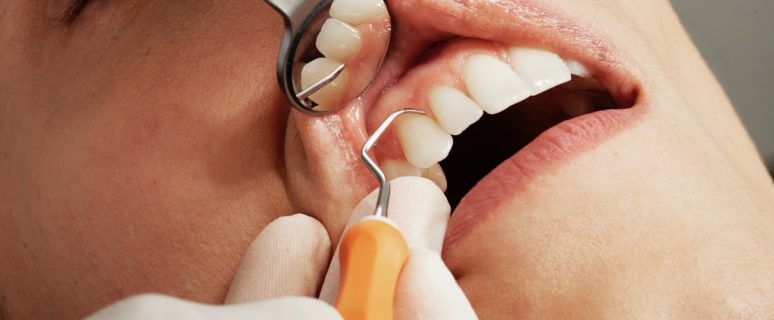
For years, probiotics have been used to optimise the microbiome, e.g. in the gut (also referred to as gut flora, or to prevent possible gastro-intestinal diseases. In dentistry, treatment involving probiotics has only recently been considered a significant alternative to conventional therapies, e.g. for gingivitis or gum inflammation, as well as periodontitis or periodontal disease.
Research: New Treatments for Atopic Dermatitis Skin

Close to ten percent of the German population live with atopic dermatitis (or atopic eczema) of varying severity, affecting children significantly more frequently than adults (cf. https://idw-online.de/de/news801285). That is why new treatments are constantly being researched – always in an effort to stay clear of drugs with significant side effects, opting for different, natural and
How Sweeteners Affect Gut Flora and Microbiome Well-being

Earlier this month, the Deutsche Apotheker Zeitung (DAZ) reported that frequent intake of zero-calorie or non-nutritive sweeteners (NNS) may affect the gut flora (i.e. the bacteria populating your gut), and hence our microbiome. Since a healthy and, as regards bacterial diversity, well-balanced microbiome strengthens our immune system and prevents disease, among others, any change to
The Role of Oral Bacteria in High Blood Pressure Body
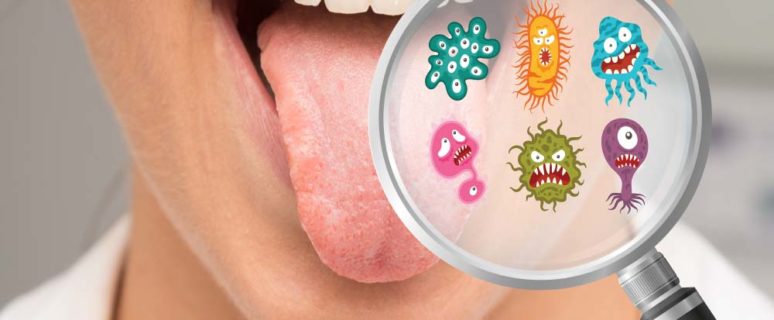
If the balance of oral bacterial diversity (also referred to as mouth flora) changes and specific bacteria gain the upper hand, this may impact on high blood pressure and increase the risk of cardiovascular disease. We described similar findings on this website in the past (cf. http://www.gesunde-bakterien.de/en/periodontitis-puts-heart-and-teeth-at-risk/). In a current study, scientists in the United
Excessive Sweating in Summer May Be Harmful To Your Skin Skin

During hot summers, with temperatures similar to those we experienced this June, we sweat easily. To start with, this is simply our body’s natural cooling response – but which is not without drawbacks. Excessive sweating may be harmful to our healthy skin flora or skin microbiome and cause skin diseases. Doctors distinguish between physiological sweating –
Cow Shed Theory: More Bacteria Mean Fewer Allergies Well-being

Compared to city kids, rural children are less likely to develop allergies – and this has something to do with bacteria and the microbiome. These findings – popularised as the “cow shed theory” some time ago – do not only apply to children. Adults, too, have been shown to exhibit a variety of symptoms depending
Using Bacteria as Effective Disinfectants Body
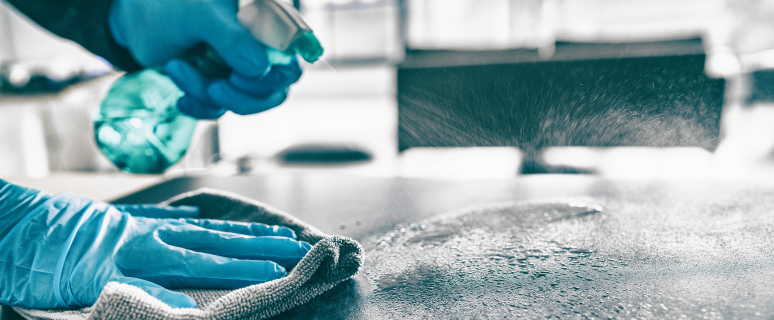
Bacteria are not only important for our organism and our health, they can also be used to remove, or at least contain, dangerous pathogens and successfully disinfect surfaces. This is the result of a study conducted at the University of Jena’s Faculty of Medicine and the Charité Berlin. A team of researchers examined the impact
Bacteria Protect the Skin from Losing Moisture Skin

How can we protect our skin from moisture loss? This is a question that is much on people’s mind, in particular for those who suffer from dry skin, itching, or inflammatory skin conditions such as atopic dermatitis. Scientists at the US National Institute of Allergy and Infectious Diseases (NIAID) have found that skin with a
Using Chocolate Against Depression Well-being

Good news for anyone fearing the Easter chocolate bunny avalanche: chocolate also boasts positive qualities. It is able to lift our spirits and, in this way, may help fight depression. But only if it has a very high cocoa content. In this case, regular intake of chocolate boosts microbial diversity in the gut, referred to
Antibiotics Increase Risk of Bowel Cancer Body, Glossary
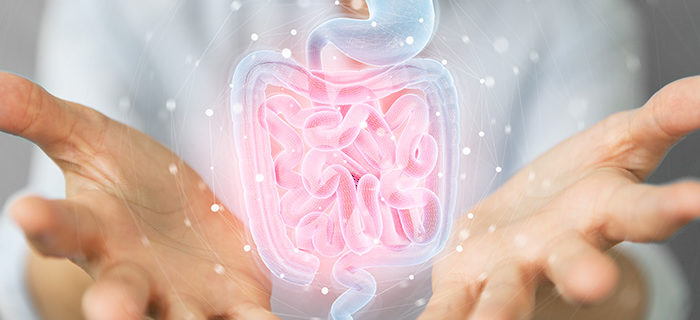
Frequent or sustained administration of antibiotics may damage the gut flora and as a result significantly increase the risk of developing bowel cancer [http://www.gesunde-bakterien.de/en/bacteria-as-bio-markers-in-the-early-detection-of-bowel-cancer/] (colorectal cancer, CRC). This is the outcome of a study conducted at Umeå University, Sweden, with reports published in the Journal of the National Cancer Institute, among others. During their research,

 25. Nov 2022
25. Nov 2022 Popular
Popular Recent
Recent Comments
Comments

